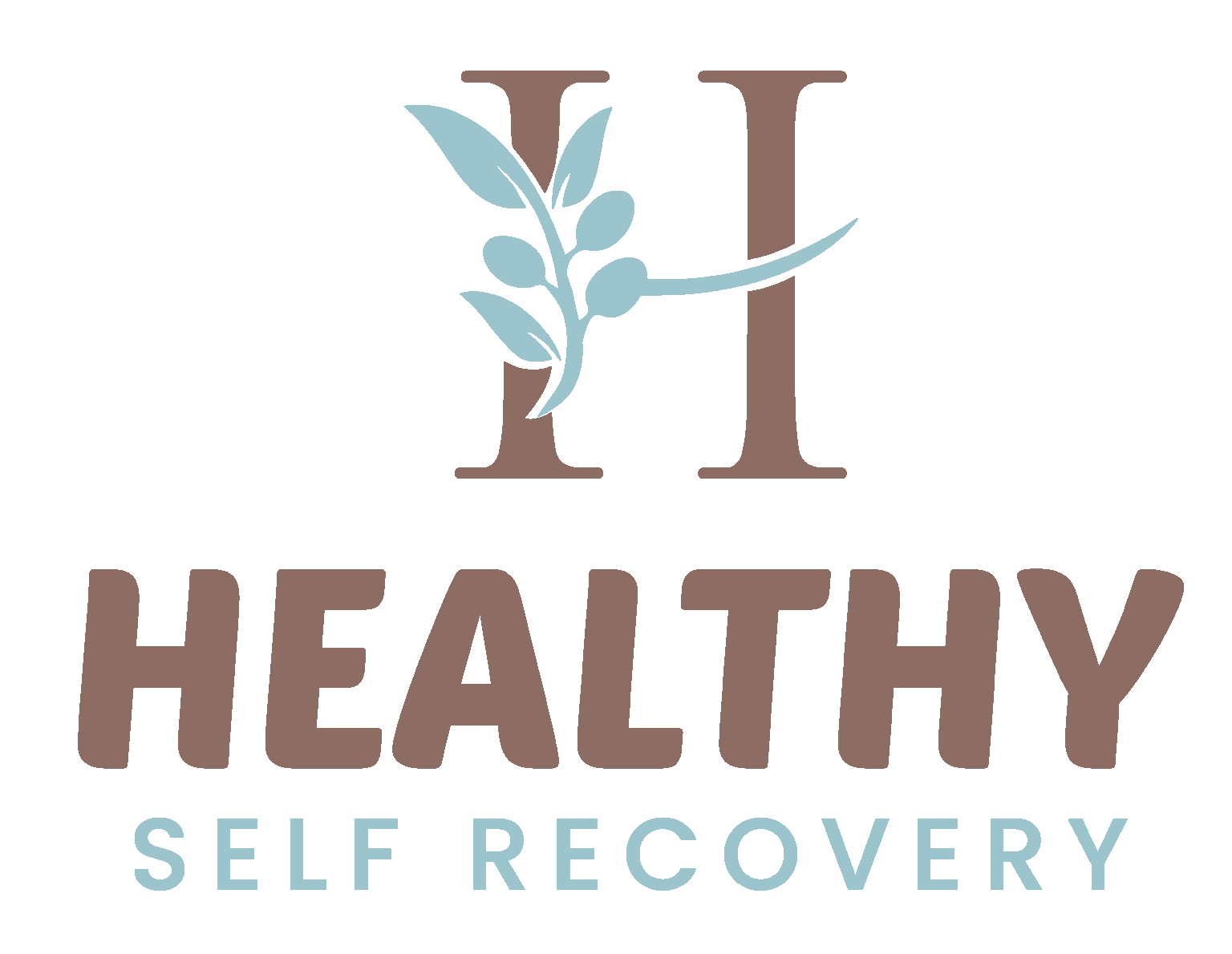Tackling the “not sick enough” belief in recovery from an eating disorder
Eating disorders are one of the most dangerous mental health illnesses. However, in spite of the serious detrimental effects that eating disorders have on someone’s physical, emotional and mental health as well as the profound toll they take on their relationships one of the saddest and most perplexing phenomenons that occurs is that many people who suffer from eating disorders is that they share this common belief that they are “not sick enough” for help.
In fact, I would almost go as far as to say that this is a typical symptom of an eating disorder. This belief very often stops people from seeking help before they become medically unstable and is a huge barrier to starting on the path to recovery. Eating disorder recovery coaching can help break through this mindset, offering guidance, support, and practical strategies to start healing safely and effectively. In this blog post, I would like to go into these in more depth and tackle the “not sick enough belief”.

Why So Many Believe They’re “Not Sick Enough” for Eating Disorder Recovery
Three reasons someone believes they are not sick enough for help:
1. The “Underweight = Eating Disorder” Myth
As an eating disorder recovery coach, let me shout it from the rooftops: You don’t have to be underweight to be struggling with disordered eating and deserve treatment.
There is a dangerous misconception that you can tell if someone has an eating disorder just by looking at them. This is simply not true and is one of the main reasons many people think they are undeserving of care. The reality is that eating disorders occur all across the weight spectrum, with only 6% of people diagnosed with an eating disorder actually being clinically underweightⁱ.
Atypical anorexia (an eating disorder which is identical to anorexia, with the exception that sufferers of atypical anorexia are not medically underweight) is in fact just as common as anorexia if not more common². Despite likely being the more “typical” form of anorexia people who suffer from atypical anorexia are far less likely to receive medical care and treatment due to the dangerous myth held by some medical professionals who insist on taking a weight biased approach to eating disorders and in so doing invalidate and dismiss people’s suffering and cause real harm by doing so.
2. Inability to Recognise the Severity of Your Symptoms
Anosognosia. This fancy word is a common symptom in eating disorders and is simply the inability of someone to recognise the severity of their symptoms and see how seriously ill they really are. This lack of insight is caused by changes to the brain due to restrictive eating and explains why many people, even when medically unstable, continue to think they are not sick enough or that it’s not that bad.
3. Distorted Body Image
Poor body image often goes hand in hand with the development of an eating disorder. Deep dissatisfaction with one’s body is frequently the initial trigger for weight loss. Many people mistakenly believe that a smaller body will improve their self-worth. As a result, this body image distortion can become so strong that a healthy, normal weight is often seen as overweight. This drives an intense desire to “fix” the body and achieve an unrealistic ideal of thinness.

The Dangers of Waiting for “Rock Bottom”
It’s very common for someone with an eating disorder to minimise their problem. They may believe they have to reach a certain low point before they “deserve” recovery. Many also think their eating disorder isn’t serious enough to warrant attention.
Please believe me when I say: YOU WILL NEVER SATISFY YOUR EATING DISORDER and YOU WILL NEVER BE THIN ENOUGH FOR YOUR EATING DISORDER.
No matter the reason your eating disorder tells you to convince you that you don’t deserve care or treatment, be that:
- “I’m not thin enough”
- “It’s not that bad”
- “I’m eating more than I was”
- “I haven’t struggled for that long”
- “I need to be the thinnest I can be for treatment so that people don’t think I am a fraud”
Please know that eating disorders distort logic, and none of this is true. You will never ever appease your eating disorder. Once you are at the weight or situation thought warranted care, your eating disorder will always move the goalpost.
You deserve care, support, and treatment no matter your size, no matter how long or short your struggle. Listening to your eating disorder voice and waiting for rock bottom is extremely risky because, as eating disorders progress, they only worsen, and the longer they go untreated, the more behaviours become ingrained and the more detrimental they are to someone’s health.
Consequences of Eating Disorders:
- Osteoporosis/ Osteopenia
- Muscle loss and weakness
- Slowed heart rate
- Impaired reproductive system
- Low blood pressure
- Constant gastrointestinal issues
- Clinical depression
- And many more
You Deserve Support at Any Stage
Your eating disorder is real and serious. The struggles you have are valid, regardless of your weight or body size. They are also valid no matter how long or short you have struggled. They are valid no matter your age, sex, or race. Eating disorders are always serious illnesses. You don’t have to be at your “sickest“ to get the help you need. At Healthy Self Recovery, you’ll find support and understanding. You’ll also gain the tools you need to move forward with compassion. This guidance is available at any stage of your journey.

Breaking Free from the “Not Sick Enough” Mindset with Eating Disorder Recovery Coaching in England and the rest of the UK
If you’ve ever felt like your struggles aren’t “serious enough” to deserve help, you’re not alone. Our eating disorder recovery coaching in England provides the compassionate, evidence-based support you need to start healing—no matter your size, symptoms, or stage of recovery. At Healthy Self Recovery, we’re here to walk with you toward lasting change and a healthier relationship with food and yourself. Follow these three simple steps to get started:
- Contact me to schedule a free discovery call to see if Eating Disorder Recovery Coaching is right for you.
- Begin meeting with me, Marianna Miles, a British Eating Disorder Recovery Coach
- Start healing your relationship with food and yourself!
Additional Services Offered at Healthy Self Recovery
At Healthy Self Recovery, I provide tailored eating disorder recovery coaching to help you challenge the “not sick enough” belief and move toward true healing. My role is to support you in reconnecting with your body’s signals, restoring trust around food, and creating changes that feel both sustainable and empowering. Whether you’re navigating the demands of a high-pressure job, adjusting to life postpartum, or working through the expectations of competitive sports, my approach blends compassion, practicality, and insight from lived experience.
During our sessions, we’ll explore the physical cues, emotional triggers, and thought patterns linked to disordered eating, with a special focus on managing intense hunger and urges. You’ll also have access to between-session text support for ongoing motivation and accountability. For those seeking more guidance during meals, I offer supportive eating sessions in a safe, nonjudgmental setting and collaborate with your care team to ensure you receive consistent, integrated support.
I work with clients online throughout the UK—including England, Scotland, Wales, and Ireland—as well as internationally. Together, we’ll create a recovery plan that honors your body, fosters self-compassion, and helps you build a calmer, more nourishing relationship with food.
Work Cited
- “Eating Disorder Statistics | ANAD.” National Association of Anorexia Nervosa and Associated Disorders, https://anad.org/eating-disorder-statistic/. Accessed 6 August 2025.
- PubMed, https://pmc.ncbi.nlm.nih.gov/articles/PMC9035356/.








